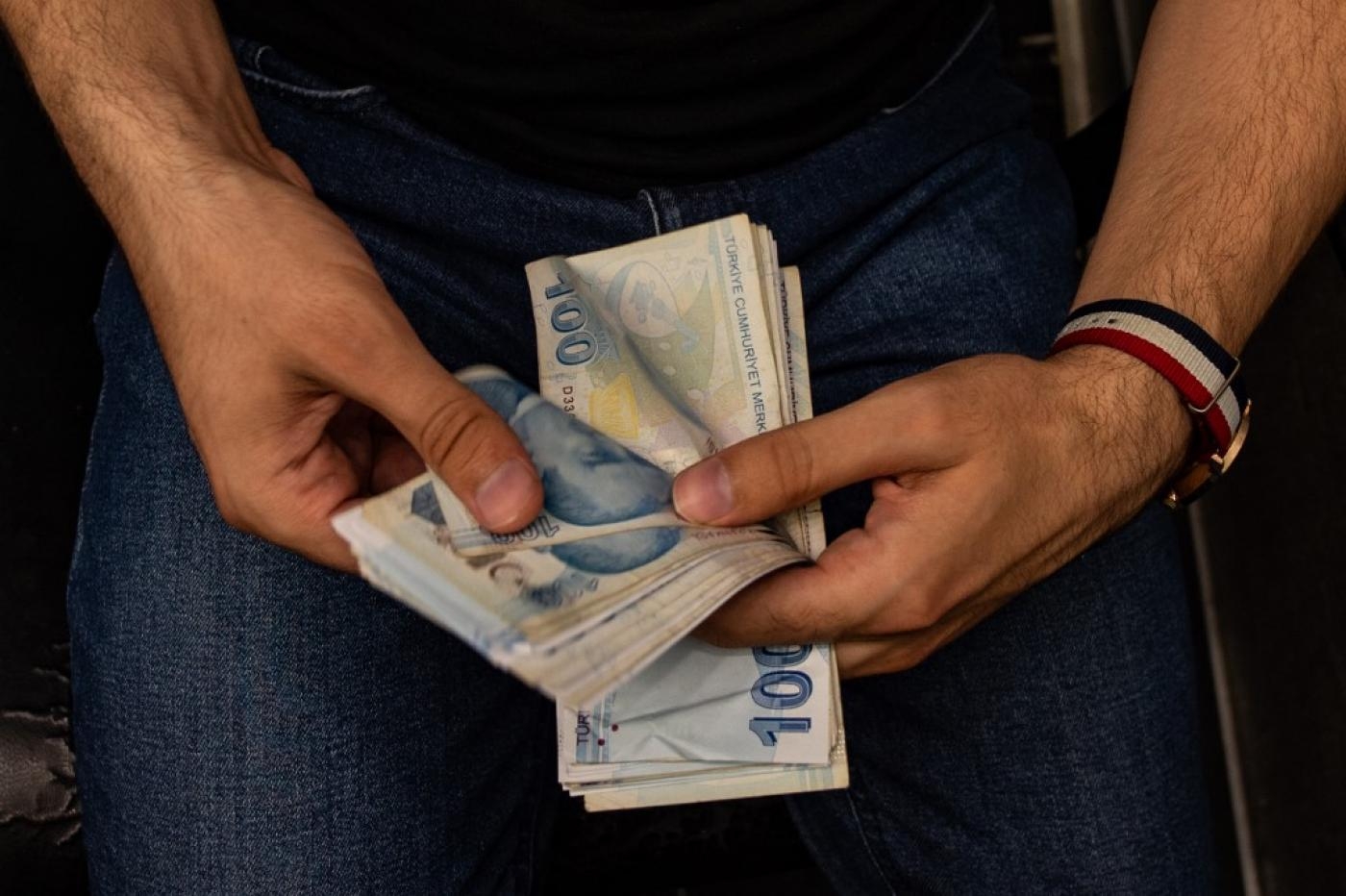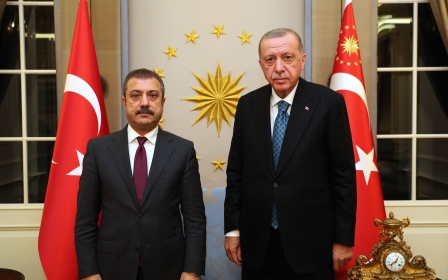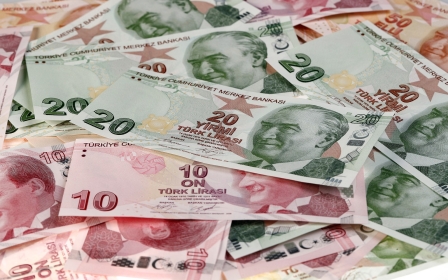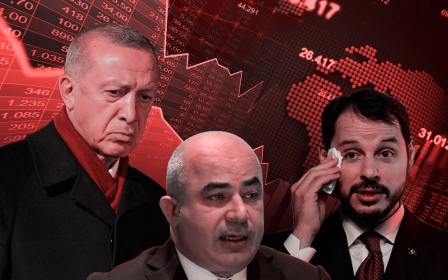Turkey risks losing billions with grey listing by global financial watchdog

Turkey is at risk of losing billions of dollars in revenue as a global finance watchdog prepares to place the country on a grey list of countries that failed to combat money laundering and terrorist financing, according to a news report citing western officials.
The Financial Times on Wednesday reported that the Financial Action Task Force (FATF) was likely to approve placing Turkey on its grey list on Thursday.
If Turkey goes on the grey list, it will be monitored by the FATF's task force under special measures. Other countries listed on FATF's grey list include Syria, South Sudan and Yemen.
The move is expected to deal a heavy blow to Turkey's fragile economy, with its currency already recording record losses against the US dollar.
Since the beginning of this year, the Turkish lira has lost nearly 20 percent of its value.
New MEE newsletter: Jerusalem Dispatch
Sign up to get the latest insights and analysis on Israel-Palestine, alongside Turkey Unpacked and other MEE newsletters
The lira could depreciate further if Turkey's Central Bank, already under pressure from Turkish President Recep Tayyip Erdogan, cuts rates on Thursday.
Earlier this year, an IMF report found that the FATF grey-listing could negatively affect a country's short-term capital inflows significantly.
The report said it would cost an equivalent to 3 percent of gross domestic product and an additional reduction in foreign direct investment.
According to the FT's calculations, a 3 percent decline would be equivalent to about $23bn in Turkey.
The Turkish government last year passed some legislation to satisfy FATF's concerns.
But Turkey's opposition criticised some of the laws as including measures that could be used to shut down NGOs and aid groups in a country where freedom of assembly and protest is already severely restricted.
Middle East Eye delivers independent and unrivalled coverage and analysis of the Middle East, North Africa and beyond. To learn more about republishing this content and the associated fees, please fill out this form. More about MEE can be found here.




